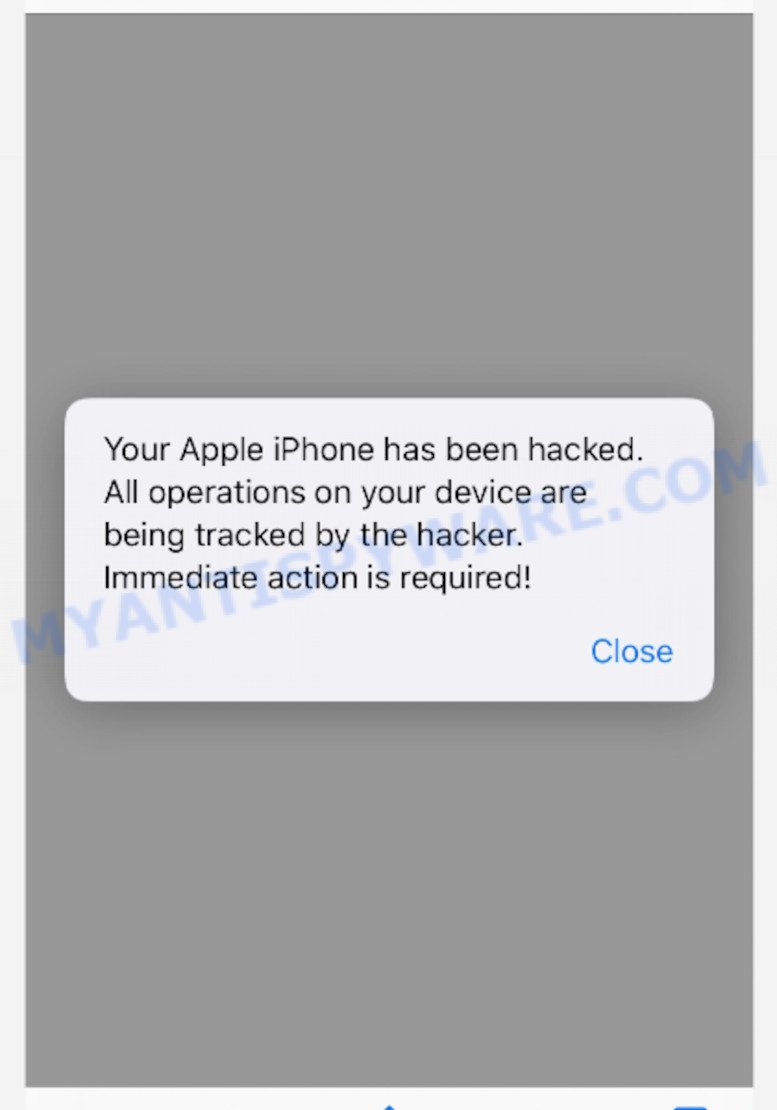
Be wary of being put under pressure to make any decisions, and any offers you receive. Scammers may try to build trust, friendship or a sense of security with you. If you are asked to share your screen or provide remote access to your phone or computer, this is a warning sign it’s a scam.Įven if you have searched for company online and contacted the firm, you should never share your screen with them. One of the main warning signs of a potential scam is if a firm or individual contacts you out of the blue. Including any financial accounts, such as your online banking. Once they have access to your screen, they can access to your personal information. The scam can only take place if you download the software and allow them to take control of your screen. This could be through your phone, laptop or computer. Examples of this type of software include, but are not limited to, AnyDesk, Microsoft Teams, TeamViewer, Zoom. This could be software you have heard of or have used before with work, friends or family.


The type of scams may vary, whether that’s help with an investment or a banking service, the scammer will typically ask you to download legitimate screen sharing software. Once a scammer has contacted you, they will try and gain your trust and convince you they can help. Or when searching online for an investment opportunity or the contact details for a company. You may be contacted out of the blue through social media or over the phone. A screen sharing scam is the method a scammer might use to take information from you or access your accounts to transfer your money.


 0 kommentar(er)
0 kommentar(er)
